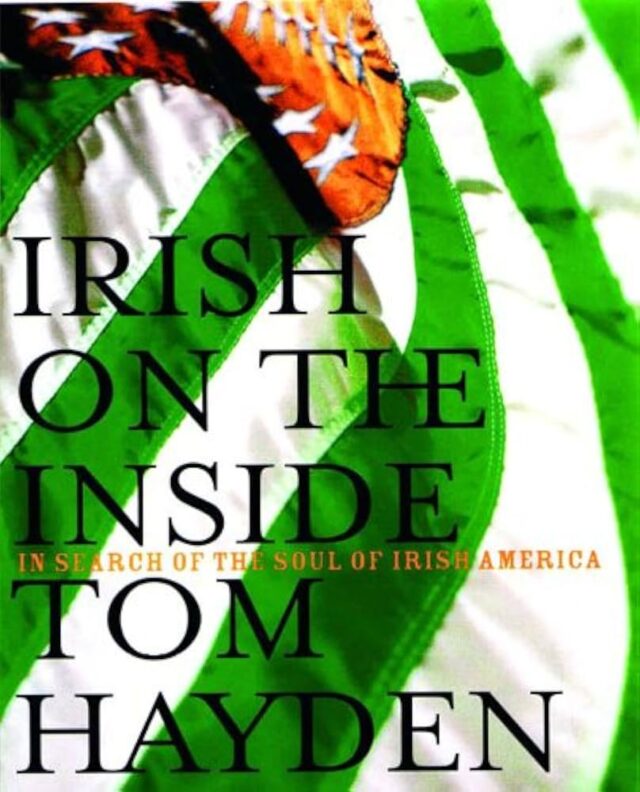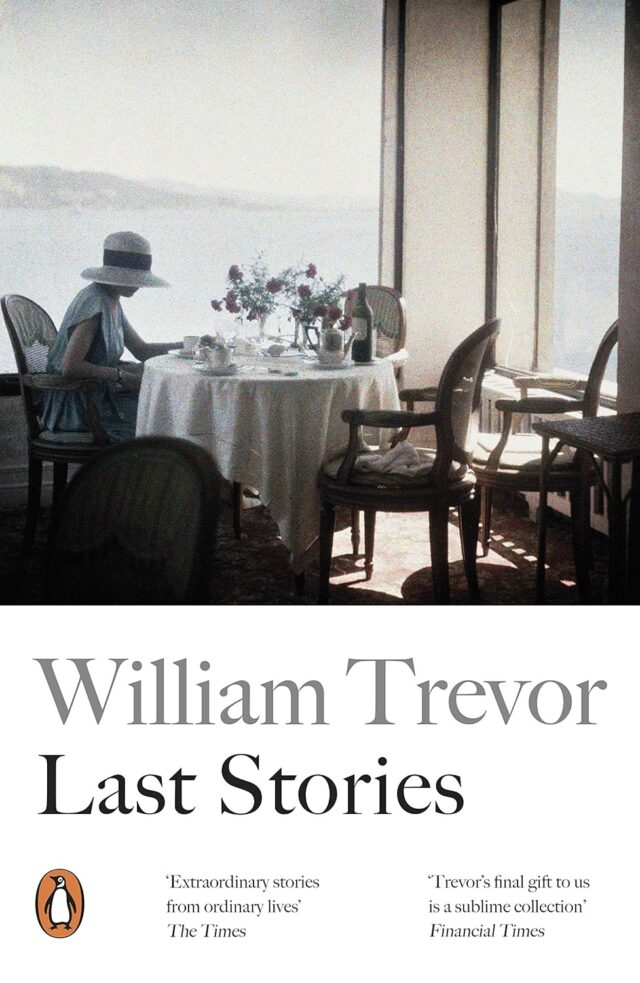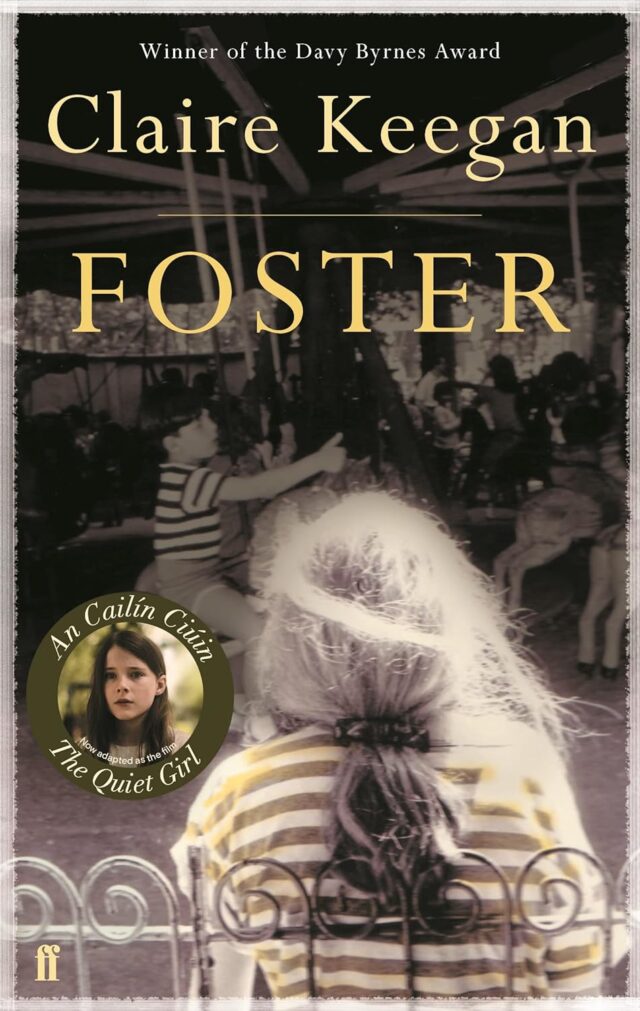“Telling Stories” is a compilation of interviews by journalist Sabina Clarke, based upon conversations convened with the 44 individuals highlighted in this eclectic book. Spanning Ms. Clarke’s career from 1988 to 2019, the personalities on display offer a spectacular array of human crisis, candor, and interest.
Figures defining in the history of Northern Ireland discuss with Clarke the details and process of that region’s peace negotiations, including Gerry Adams and Sen. George Mitchell, respectively interviewed in 2010 and 2015.
Delving further into the conflict, a portrait of Bernadette Devlin rendered in 1994 gives voice to the leader from Ulster’s historic human rights struggle. Clarke provides her own prompts and excerpts from Devlin’s comments:
Q . On the 1980-81 Hunger Strikes:
A. Ten people died, and Prime Minister Thatcher didn’t concede an inch. That’s the mentality we’re dealing with now.
Q . On her seeking elected office again:
A. No. Usually I get what I want by threatening to seek political office.
Q. On her mission in coming to the U.S.:
A. I see my role as an educator and agitator. I like to be at the edges and pushing them out.
A 2019 Northern Ireland retrospective is the most recent interview in this series. Staged at New York City’s Penn Club, this most recent chat is with Patrick Radden Keefe, and Clarke’s interview elicits the essence of his investigative chronicle, “Say Nothing,” which is Keefe’s Orwell Prize-winning tragic account of harrowing acts of sectarian impasse and violence.
Politics, spirituality, and literary accomplishment blend in the book’s accomplished and influential retinue: Daniel Berrigan, Mary Gordon, Edna O’Brien, William Kennedy, Amy Goodman and Jennifer Egan all have confided in Sabina Clarke about their quirky habits, their inspirations, their families, their personal impulses, and their shared sense of humanity.
One can imagine Sabina Clarke’s consistent and uncanny ability to bring out the inner person at the heart of public leadership. We learn, by way of Clarke, that Joe Frazier founded his boxing gym in North Philadelphia as a place to empower young people. Frazier disclosed to Clarke how his own education in life emanated from his African American family that endured the racism of the segregationist South. That diverse family was Smokin’ Joe’s template for relationships with trainers and boxing coaches as well as protegés. We learn how Frazier embraced his mixed roots within that African American family and that his “part Irish” paternal grandmother had set him on the “right path” in life. Thus, Frazier mused to Clarke, “You don’t know how long you’re going to be around: so, black, red, purple, orange, green, or white—enjoy yourself.”
In fact, Sabina Clarke’s Introduction to this tapestry of persona and personality opens with a poignant personal memory: “Even from a young age I have always been fascinated by people and words and images.” What follows is an immersion in her vocation honoring the stories that people have to tell.
Published by BiblioPublishing.com and available via Amazon, the book is drawn from Clarke’s tenure writing for The Irish Edition, the Chestnut Hill Local, The Philadelphia Inquirer, The Philadelphia Daily News, and other media. Much of the raw experiential knowledge and research available in these pages comes from Clarke’s role as press contact for Sinn Fein during Gerry Adams’ 1994 Clinton-sponsored visit to the U.S., as well as similar roles played on behalf of Irish President Mary McAleese in 1994. She also facilitated communications for the Belfast Project of Boston College.
Celebrities such as former Gov. Jesse Ventura and Nixon-era White House counsel John Dean populate the pages of “Telling Stories,” as well as Hollywood playwright-actor Jason Miller, who played the protagonist of “The Exorcist.” However, many of the stories focus on the lives of achievers whose contributions demonstrate the keen compassion of Susan Chernak McElroy, an animal lover and author of “Animals as Teachers and Healers: True Stories and Reflections,” or the humility of Sister Briege McKenna, a Catholic nun with debilitating arthritis whose mysticism is a hagiography in brief of suffering and faith.
Indeed, these stories convert the headlines of fame into tales of personable, believable people. The ordinary also become extraordinary.
BiblioPublishing.com2023




